Optimal Times for Fiberglass Deck Repairs
Fiberglass deck repairs are most effectively performed during specific times of the year to ensure optimal adhesion and curing. The ideal periods are typically in mild, dry weather conditions, avoiding extreme temperatures and high humidity. Spring and early fall often provide suitable conditions for repairs, as temperatures are moderate and rainfall is less frequent.
Spring offers moderate temperatures and lower humidity, making it suitable for fiberglass repairs. It allows sufficient curing time before summer heat or winter cold.
Late summer and early fall provide warm, dry conditions ideal for repairs, with enough time for the deck to settle before colder months.
Winter's cold and moisture can hinder curing, while peak summer heat can cause rapid drying and cracking if not properly managed.
Ideal repair conditions include temperatures between 60-80°F (15-27°C) with low humidity and no rain forecasted for at least 24 hours.
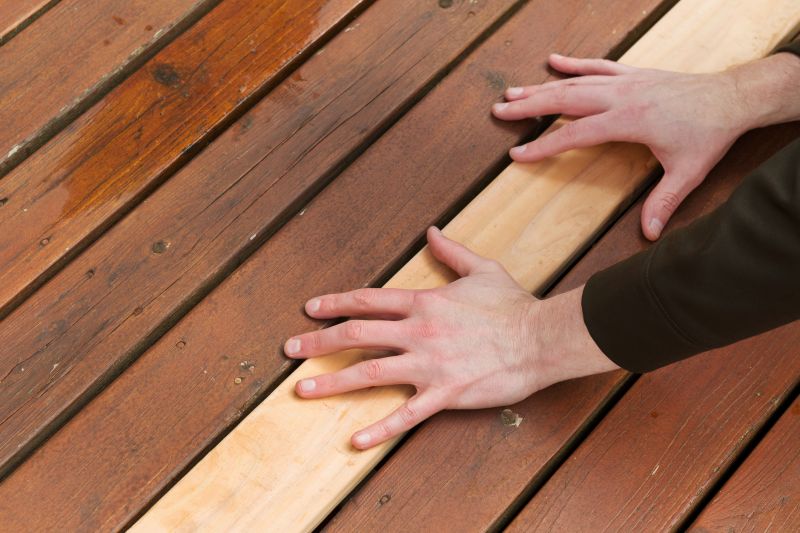
Spring weather is perfect for fiberglass deck repairs, providing ideal temperature and humidity levels.
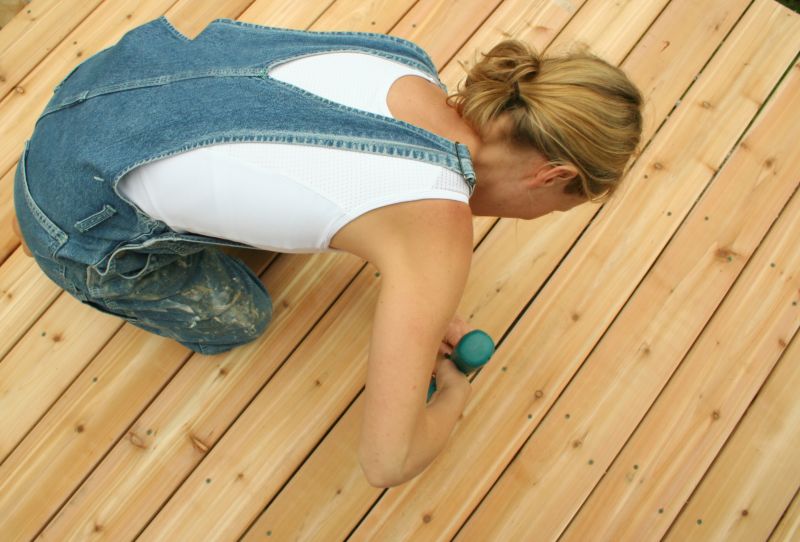
Warm and dry summer days facilitate effective fiberglass repairs.
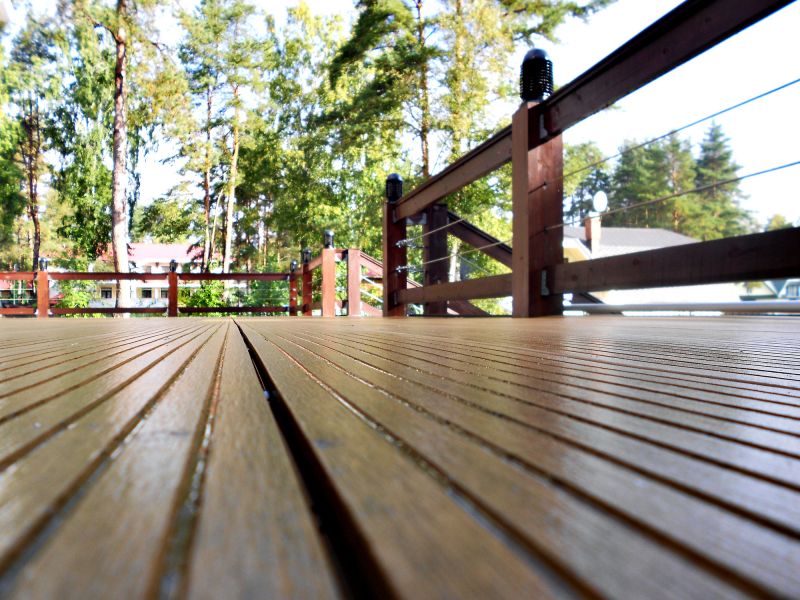
Early fall offers suitable conditions for durable fiberglass deck repairs.
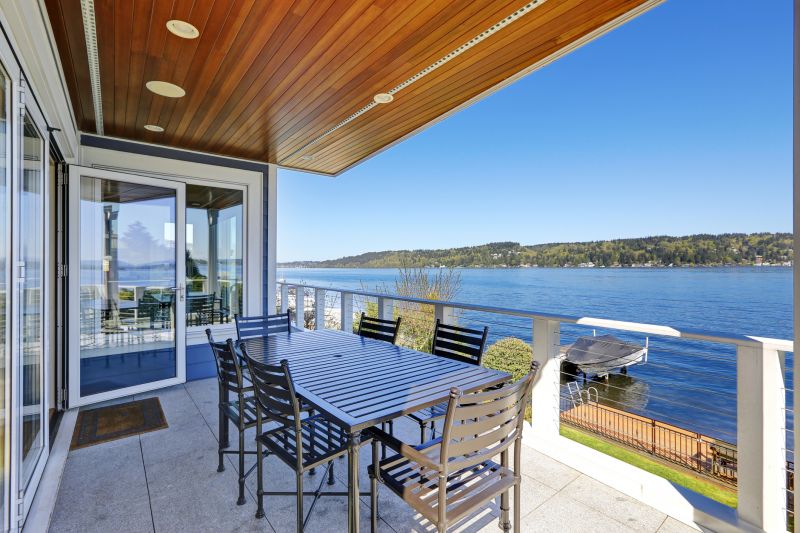
Ways to make Fiberglass Deck Repairs work in tight or awkward layouts.
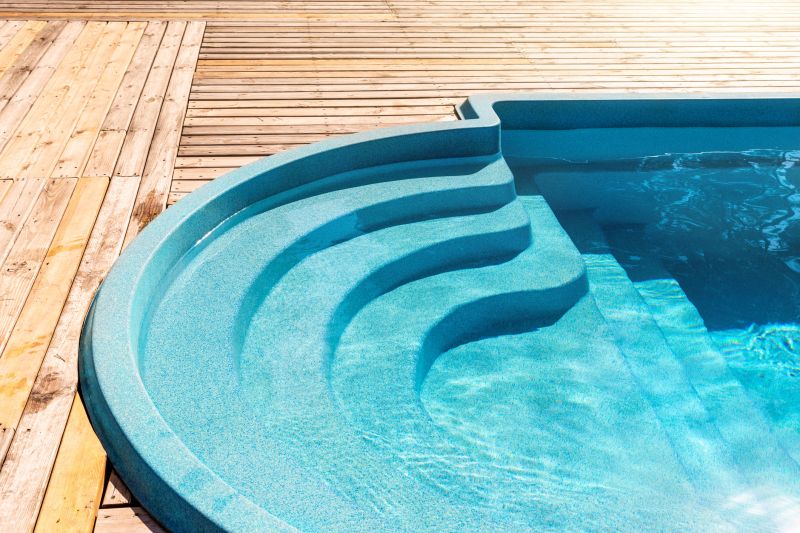
Popular materials for Fiberglass Deck Repairs and why they hold up over time.
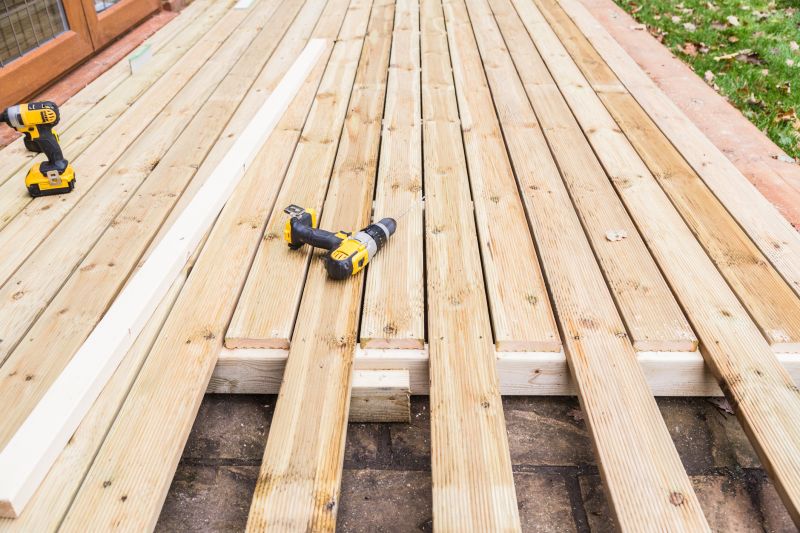
Simple add-ons that improve Fiberglass Deck Repairs without blowing the budget.
| Season | Optimal Conditions |
|---|---|
| Spring | Moderate temperatures, low humidity, dry weather |
| Summer | Warm, dry days, temperatures 60-80°F |
| Fall | Cooler temperatures, low humidity, dry days |
| Winter | Cold temperatures, high moisture, not recommended |
Fiberglass deck repairs involve restoring the structural integrity and appearance of fiberglass surfaces exposed to weathering, UV damage, and wear. Proper timing ensures the materials cure correctly and bond effectively, resulting in longer-lasting repairs. Statistics indicate that performing repairs during optimal weather conditions can extend the lifespan of the deck by several years, reducing the need for frequent maintenance.
The process typically includes cleaning, sanding, applying fiberglass resin, and finishing with protective coatings. Weather conditions influence each step, especially curing times and adhesion quality. Proper timing minimizes issues such as cracking, bubbling, or incomplete curing, which can compromise the repair's durability.
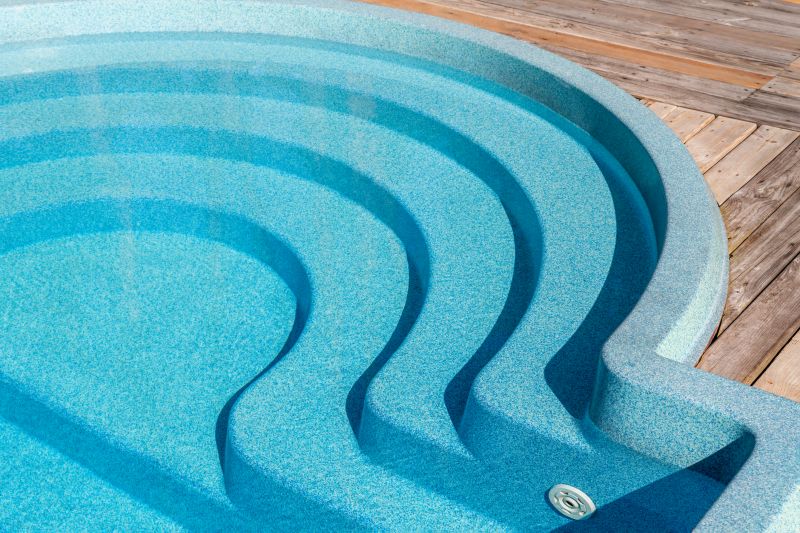
A detailed view of fiberglass resin application during repair.
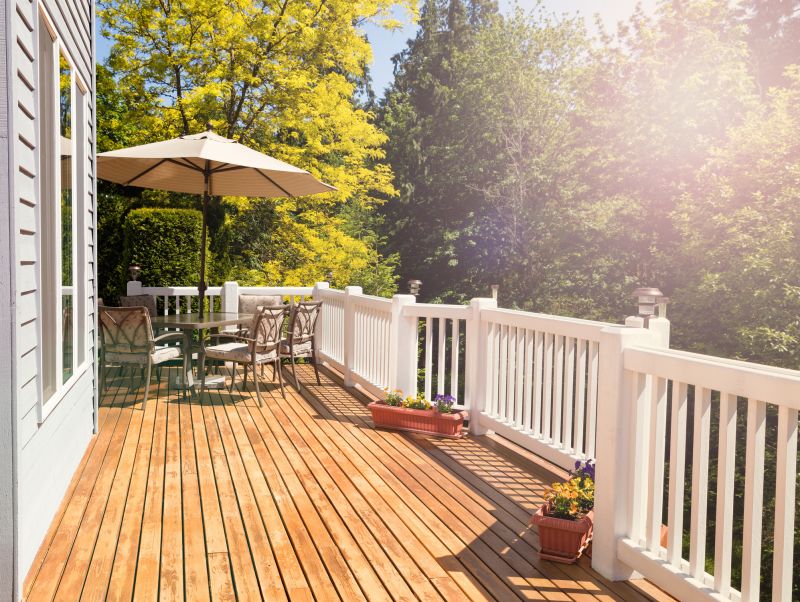
Fiberglass curing under ideal weather conditions ensures durability.
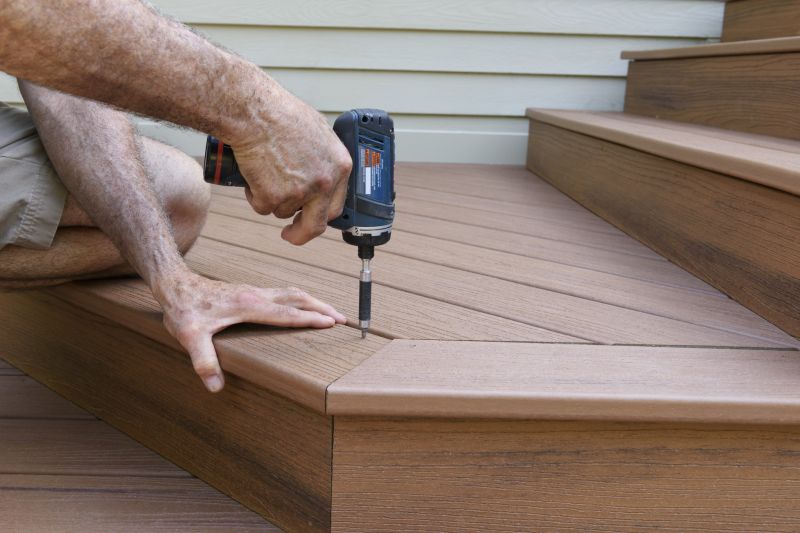
Completed fiberglass repair with protective coating applied.
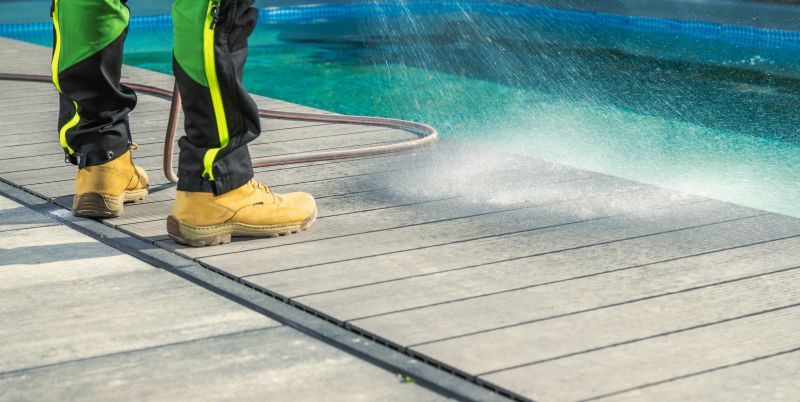
Cleaning and sanding fiberglass surface before repair.
Interested in scheduling fiberglass deck repairs? Filling out the contact form provides the necessary details to plan repairs during the most suitable times, ensuring a durable and high-quality finish tailored to specific weather conditions.



